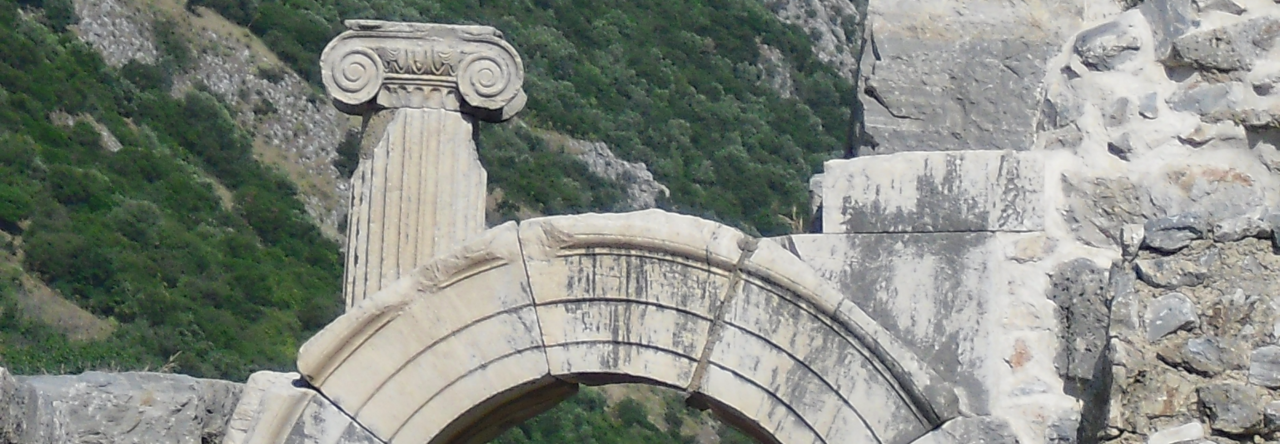I have just finished a full day at the inaugural meeting of the Wesley Covenant Association (WCA). Before the meeting, there were all kinds of rumors and speculation about the purpose of the meeting. I knew that this was going to be a pivotal moment in the life of the denomination, so I decided to attend and hear it for myself.
What I heard in the various talks was a celebration of our covenant as United Methodists and especially clergy in the church and a message of hope. This hope is not based on organizational effort, but the presence and activity of the Holy Spirit.
Covenant
As an Elder in the United Methodist Church, I agreed to participate in a covenant with the rest of the Elders of the church and the church itself. I declared that I knew the general rules of the church and would keep them. I affirmed that I had studied the churches doctrines and found them in harmony with the Scriptures. I professed that I had studied the discipline and polity of the church, approved them and would support and maintain them (cf. The United Methodist Book of Discipline, ¶330.5.d).
This is the covenant I accepted and affirmed. If I come to the place where I can no longer abide by this covenant, then it behooves me to surrender my credentials and step out of the covenant. I expected that other clergy members would hold the covenant with the sincerity I have, but it does not seem to be the case. I fully expect to be held accountable to this covenant, such that if I violate it those appointed over me should confront me and, if possible correct me. As a matter of fact, not holding to this covenant is a chargeable offence in the Church (¶ 2702).
The WCA upholds this understanding of our covenant as clergy and as members of the Church. Upholding this covenant creates a bond of trust between the various members of the clergy and between the clergy and the church. This is what I long for. This is what I signed up for. For some, however, they expect to violate this covenant with impunity and a covenant that can be violated without consequences is no covenant at all. As the apostle Paul reminds us, “And in the case of an athlete, no one is crowned without competing according to the rules” (2 Timothy 2:5).
It seems that in many cases, national and international sports authorities care more about the rules of a game than many pastors and bishops care about the pledges of our covenant.
Hope
Hope is a central aspect of the Christian faith. It is our hope of salvation (1Th 5:8) that sustains us in difficult times (Heb 10:23). But we need to remember that hope is not in a political process, even one in the church. Our hope is set on God, God’s work through Jesus Christ and the ever dwelling presence of the Holy Spirit (1 Pe 1:13, 21).
We do not place our hope in bureaucratic policies or institutional pronouncements but in God. Because of this, I don’t pull out all the stops to protect the institution or imbue the ecclesiastical structure or the Book of Discipline with god-like status. It is simply a tool used by God for a season. It is a wonderful tool filled with the seeds of promise. I love this tool and appreciate all of the opportunities and privileges I have received because of it, but it is not the end all and be all of the kingdom of God.
In Luke 21 people commented to Jesus about the beauty and adornment of the temple, but he told them, “the days will come when not one stone will be left upon another; all will be thrown down” (Luke 21:6). Jesus didn’t completely denigrate the temple; he called it his “Father’s house,” and “a house of prayer for all nations.” Jesus emphasized the purpose of the temple, not the structure itself.
Likewise, John Wesley, an Anglican priest, knew that God was much bigger than the institution he knew and loved. He went about trying to renew the Church of England but trusted God’s work even when it took him outside the bounds of the institution. Eventually, the institution barred him from preaching in many of its churches, but the poor and working class people listen and came in droves.
For those of us who follow Jesus Christ in a Wesleyan way, we understand that about the institutional church. My hope and prayer is that the denomination called the United Methodist Church will renew its primitive devotion to God and the dedication of its founder. I long to see that day. But if it doesn’t happen, God is not handcuffed. God will raise up another tribe who will pray, proclaim and work for the kingdom of God.
